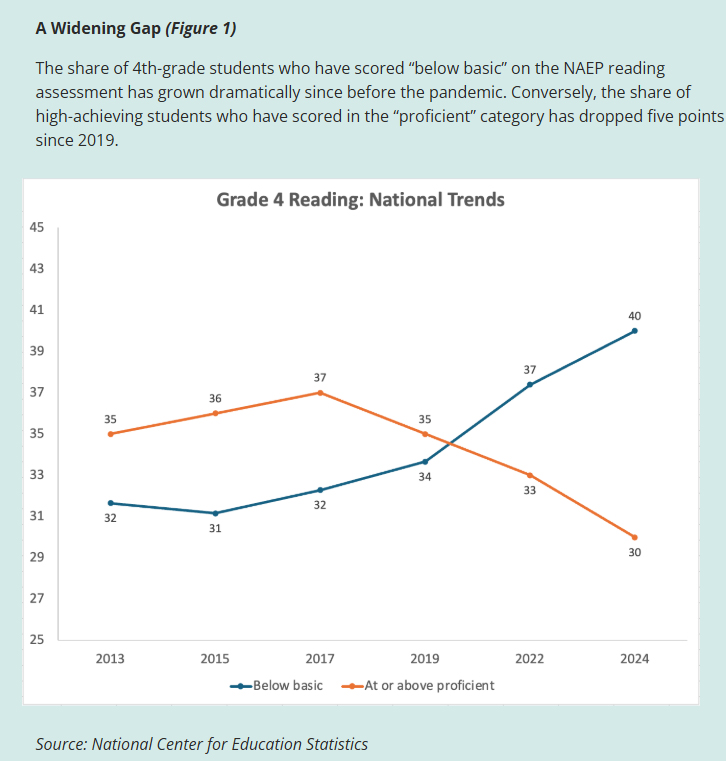New Cheyenne River grassroots group promotes literacy

EAGLE BUTTE SD – The first meeting of a newly formed grassroots organization to promote literacy on the Cheyenne River Lakota reservation took place on Wednesday, February 12, 2025. The tentative name of the group is The Cheyenne River Literacy Working Group (LWG).
The kickoff meeting on February 12 was conducted virtually, started at 5:00 pm MT, and ended at 6:20 pm MT. The second meeting of the Cheyenne River LWG will also be offered virtually and is scheduled for Thursday, February 27, 2025, at 5:00 pm MT. All interested persons are invited and encouraged to attend.
To request the link to join the next on-line meeting of the LWG, send an email before Thursday, February 27 to grace.westrivereagle@gmail.com with these words in the subject line of the email: Literacy Work Group Meeting or simply, LWG meeting.
Fran Carr, editor of the West River Eagle weekly newspaper in Eagle Butte, convened and chaired the first meeting and offered this definition of literacy used by the Standing Committee on Global Citizenship of the National Council of Teachers of English for the group’s consideration: “At its simplest, literacy is the way that we interact with the world around us, how we shape it and are shaped by it. It is how we communicate with others via reading and writing, but also by speaking, listening, and creating,”
The Standing Committee notes the following types of literacy: cultural, language, financial, reading, writing, scientific, data, media, food and foodways, civic, artistic, emotional and vocational.
Dave West, director of the Cheyenne River Cultural Center in Eagle Butte attended the kick-off meeting and said that on a scale of 1 – 10, with 10 being most important and one being of little or no importance, he believes literacy is definitely a “10” in importance for Cheyenne River tribal members and other residents. He emphasized the importance of cultural literacy for Lakota tribal members.
Jesse Angelo, a new teacher in her first semester at Cheyenne-Eagle Butte High School, and Burt Dillabaugh of the Native Biodata Consortium agreed with West that literacy is a “10” in importance in order for Cheyenne River residents to function effectively in their personal lives and as positive and productive members of the community.
In the spirit of collaboration rather than competition, those attending the kickoff meeting agreed that a good first task for the meeting would be to identify literacy advocates in the community who were not represented at the first meeting, learn their mission and goals, and explore ways the LWG can align with and support their goals. Several in attendance agreed to do community research and report back to the next meeting.
The group attending the first meeting also discussed ideas for possible future projects for the LWG, including the following ideas (in no particular order): storytelling festival, book/author fair, Oglala Lakota College co-curricular activities, financial literacy workshops, life skills training, Positive Indian Parenting classes, hunter safety, horsemanship, essay contests, data literacy training, tutoring, and social dynamics literacy (for example, learning the difference between helping and enabling).
The initiation of the Cheyenne River LWG is motivated in part by the results of the National Assessment of Education Progress (NAEP), which released results from its 2024 assessment on January 29, 2025.
The 2022 NAEP results were bad, but could be blamed on the immediate effects of the pandemic. The 2024 results were studied to help assess the extent to which the sharp fall in performance in 2022 was transitory. Unfortunately, the decline continues.
According to The American Enterprise Institute (AEI), a public policy think tank dedicated to defending human dignity, expanding human potential, and building a freer and safer world, “This latest installment of the self-styled ‘Nation’s Report Card’ makes depressing reading. Indeed, if it weren’t for bad news, there would be hardly any news at all.”
Consider the NAEP results for grade 4 reading, keeping in mind that these patterns repeat for the other “big four” tests: grade 8 reading and grades 4 and 8 math. Figure 1 displays trends going back a little more than a decade in the percentage of American 4th graders who are below basic and those who meet (or exceed) proficiency standards.
One pattern evident in NAEP 2024, also seen in 2022, is that the lowest performing students are falling further behind.
The post New Cheyenne River grassroots group promotes literacy first appeared on Native Sun News Today.
Tags: More News
